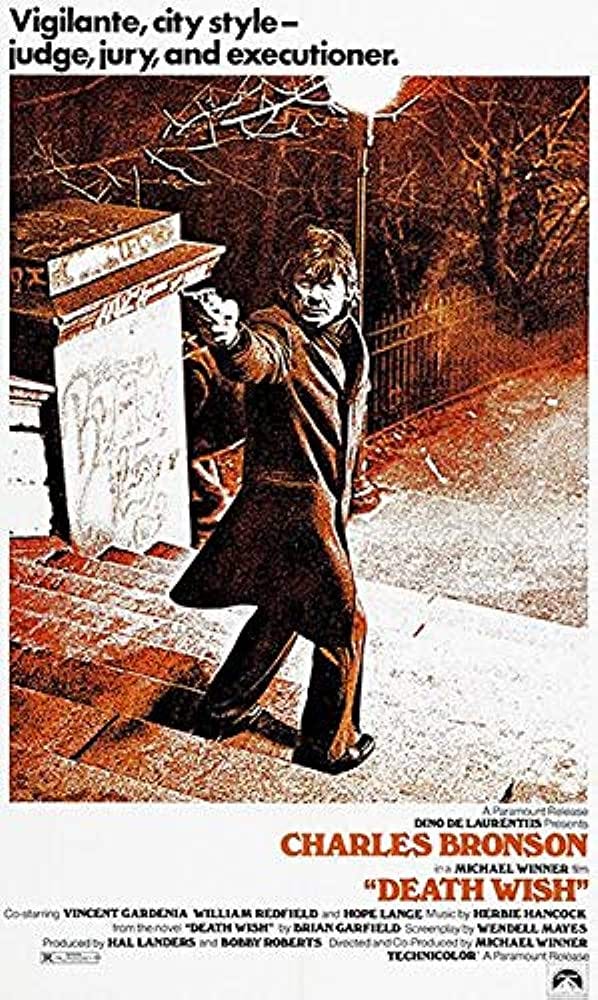It’s back to the 70’s in New York City
Nature, we know, abhors a vacuum.
New York is Exhibit A.
The vacuum, of course, is public safety. And it’s starting to be filled.
Check the video of the most recent incident here.

In the public mind, it will have begun most visibly with Jose Alba.
You’ll recall him, of course. He’s the Dominican immigrant from Manhattan’s Washington Heights who, while working in a bodega, was confronted by a couple who decided that a bag of chips was rightfully theirs, and no argument. Mr. Alba disagreed, took action in defense of himself, and a man died.
Now comes the latest example, from our subway system. Which is no coincidence. While some progress has been made, New York’s subterranean railway is still a rolling psych ward.
On Monday, a Michael Jackson-impersonator named Jordan Neely, with 40 arrests and a history of mental illness, grew loudly erratic on the F train. He began disrobing, shouting that he was hungry and didn’t care if he went to jail.
Now, everyone there would have been through this drill before. But was there something particularly threatening about Neely’ a behavior? We don’t know yet.
What we do know — because of course someone took a video, rather than any helpful action — is that a U.S. Marine, home on leave, wrestled Neely to ground and administered a chokehold. Neely died.
Will Manhattan’s Trump-chasing DA, Alvin Bragg, charge the as-yet unidentified Marine?
The charge would almost certainly not involve any intent on the Marine’s part. The two statutes in play would be the reckless version of Manslaughter (Man 2) or Criminally Negligent Homicide.
In the criminal context, “reckless” means you knew the risk but ignored it. “Negligent” means you didn’t know the risk, but should have. Should Bragg charge, the latter seems more likely.
The Marine’s defense will be “Justification.” Under the New York Penal Law, “Justification” is a valid defense if
… such conduct is necessary as an emergency measure to avoid an imminent [injury] which is of such gravity that… the desirability and urgency of avoiding such injury clearly outweigh the [risk of inflicting a similar injury].
In other words, the risk to you (or others present) was such that you would be justified in taking action that shifts that same level of risk onto the aggressor. It’s a balancing test.
For the Marine, the two operative terms in the justification definition are “imminent” and “gravity.” Did Neely pose such a grave, imminent threat that administering a chokehold was necessary?
Following an autopsy, the NYC Medical Examiner has already ruled the death a “homicide” — which in this context really just means it was caused by someone other than the victim.
But has a toxicology been done? And why are the fact and findings of a toxicology always so studiously ignored in our media? Surely that could be relevant here.
Consider: If a Negligent Homicide charge is brought, the calculation by Bragg’s office would have to be that, as we’ve stated, the Marine “should have known” the risk a chokehold involved. But what if that risk was only present because Neely was under the influence of something? Should the Marine have still known it?
This is not an academic exercise — recall the Eric Garner case. Garner, an overweight man with an asthma condition, died after an NYPD officer struggling with him placed an arm (briefly) around Garner’s throat.
Garner died — that death too was ruled a homicide by the Medical Examiner. But the grand jury did not indict. Garner’s physical condition is almost certainly why.
In the bad old days of 1970s New York, during a similar retreat from public safety, we got Death Wish, the Guardian Angels, Bernie Goetz. We also had boarded up storefronts and squeegee men harassing motorists. They were the canaries in the coal mine.
It’s — all of it — coming back.
So we’ve had Alba. We’ve had security guards taking action in stores — and getting arrested for it. And now we’ve had the Marine.
There will be more — filling the vacuum caused in New York City not by some operation of nature, but by Albany, City Hall, and prosecutors like Alvin Bragg. The man who now sits in judgment of a U.S. Marine.



(Snapshots from the nabe. Welcome to 1975!)

Thanks for reading The Ops Desk!











